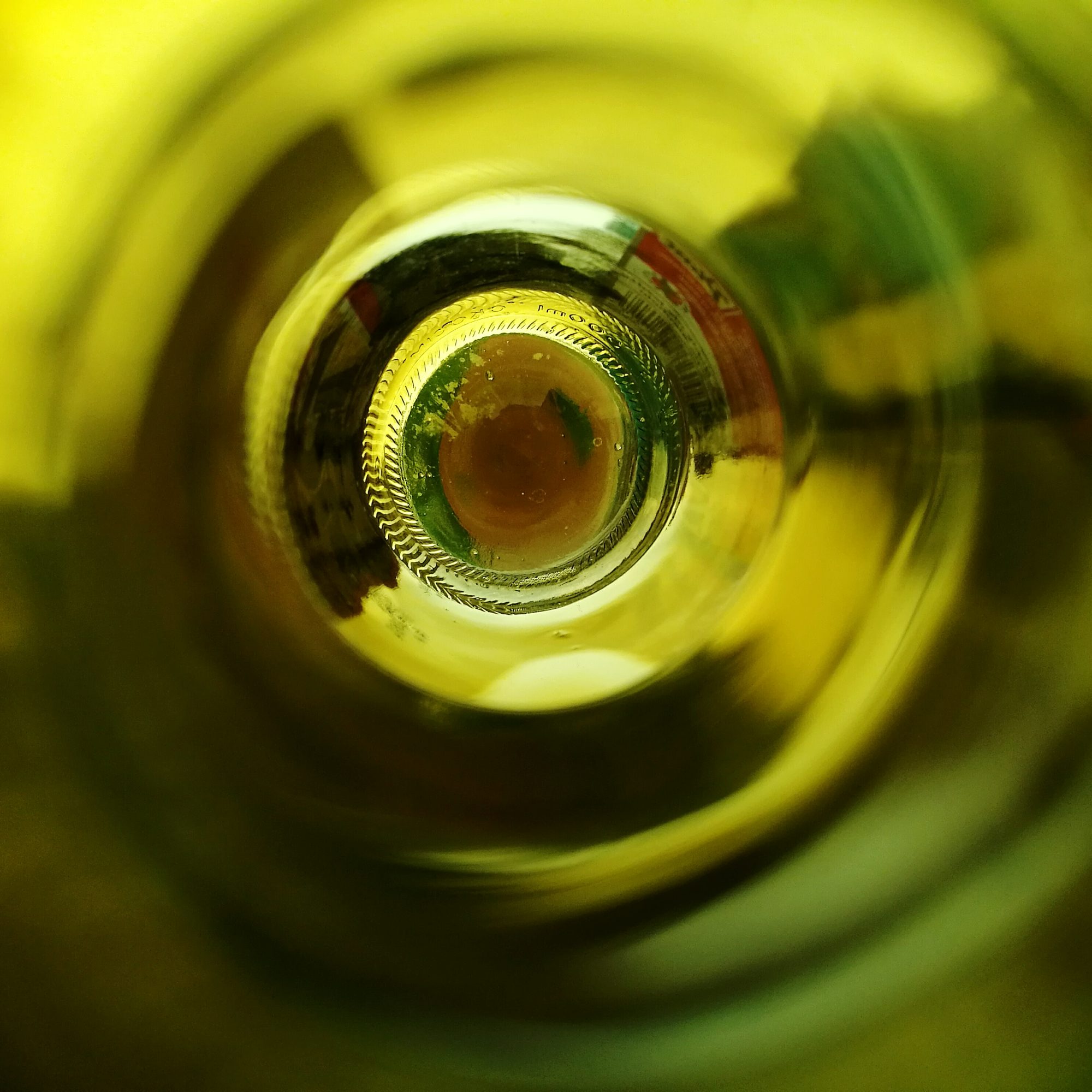I remember walking down the enchanting streets of Paris one summer evening, camera in hand, capturing life in its rawest form. Suddenly, I heard a sharp voice behind me, ‘Did you just take a picture of me without asking?’ My heart sank. It was an innocent tourist, disgruntled by my impromptu snapshot.
Ever find yourself in such a pickle? Or even wondered if your hidden camera exploits were on the right side of the ethical divide? Here’s a surprising statistic – according to a survey conducted by the Professional Photographers of America, almost 38% of photographers admitted to using hidden cameras at some point in their career.
But does the end justify the means? In this deep dive, we will examine the thorny issue of hidden cameras in photography from an ethical standpoint.
‘Capturing the essence of life, unposed and unfiltered, is the beauty of photography,’ quipped my mentor once. But then, he added, ‘Always remember, respect for your subject is paramount.’
Indeed, the world of photography is an intricate web of artistic expression and ‘photography ethics’, both equally important for the conscientious photographer. The challenge lies in striking the right balance.
But let’s take a step back and consider what a hidden camera in photography really means. It’s not the sneaky, spy-cameras embedded in a pen or a pair of eyeglasses. Instead, it’s about a photographer blending into the background, unnoticed, capturing candid moments.
It’s like how our minds wander off on a lazy Sunday afternoon, intertwined between thoughts of the past and the anticipation of the future. A fleeting moment captured, untouched by the pretense.
Yet, the ethical concerns loom large. Isn’t it an infringement on privacy, you ask? Possibly. The crux of the matter lies in intention and respect. There’s a chasm of difference between an intrusion and an observation, a violation, and a celebration of the human condition.
Imagine you’re clicking away at a bustling bazaar, and you capture an enchanting moment of a child’s laughter, a vendor’s heated argument, or a couple’s lingering glance. Are these instances of exploitation or eulogies to everyday life? The answer isn’t as black and white as we’d like.
This gray area in the ethical landscape of photography is where the debate rages. Some argue that capturing images without consent takes away an individual’s control over their own narrative. Others counter by saying that some of the most powerful, authentic photographs have come from unnoticed cameras.
As with many other ethical dilemmas, the golden rule applies here too – do unto others as you would have them do unto you. If you would feel uncomfortable being caught unawares by a camera, chances are others would too. Respect and empathy can guide us in these murky waters.
So, where does this leave us? As artists, photographers have a responsibility to capture the world with integrity. The use of hidden cameras can be a means to this end, but it’s crucial to remember the human element in front of the lens.
Are hidden cameras ethical in photography? There’s no straight answer. It’s a dialogue we need to keep having, a line we need to keep negotiating. And as we snap and click away, perhaps we should let respect, empathy, and understanding be our guiding light.


0 Comment